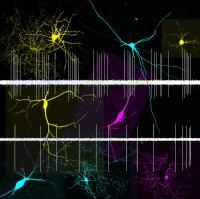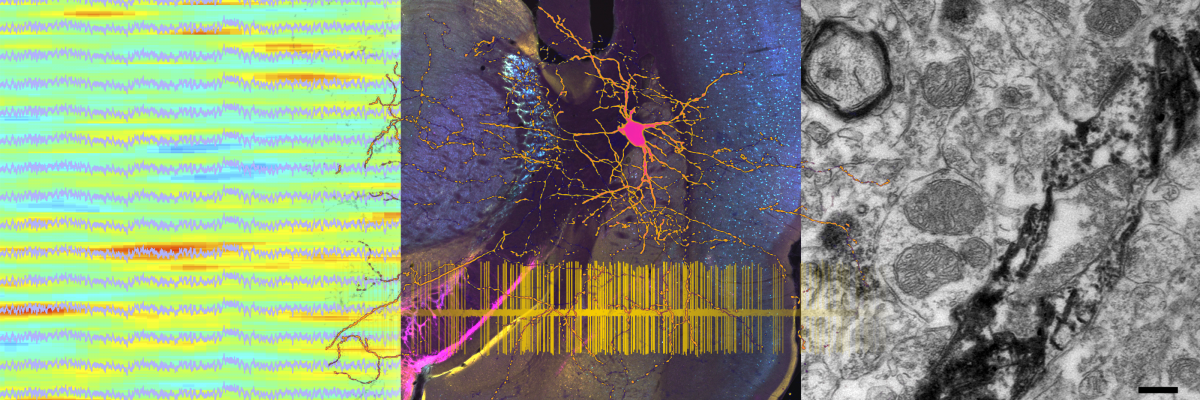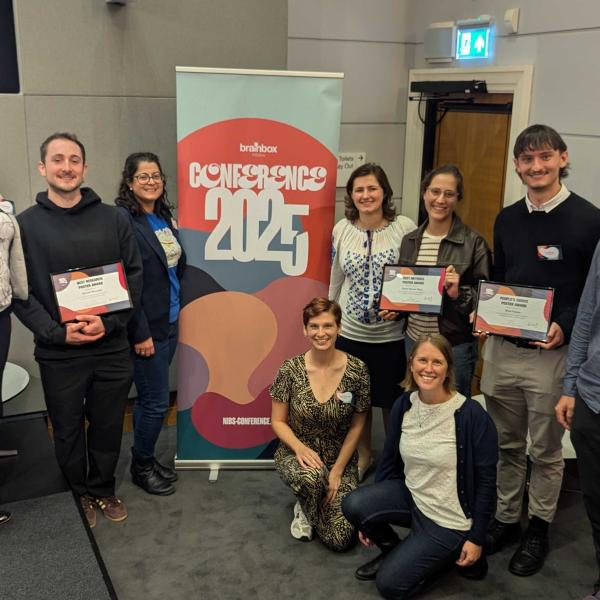Sharott Group
Our group is focussed on developing and delivering novel methods of therapeutic brain stimulation for brain disorders for which existing approaches remain ineffective. This development is underpinned by fundamental insights into functional and dysfunctional computation at the level of populations of neurons in affected brain areas. We use a cross-species strategy, where preclinical experiments are used develop methods of modulating brain activity in real-time using lightweight approaches that can be readily deployed on human devices.
Our overarching aim is to identify systems-level mechanisms underlying fundamental brain functions and to use this understanding to develop brain stimulation-based technologies to treat brain disorders. A key principle of our strategy is to use forward and back-translation between studies in experimental animals and human subjects with deep brain electrodes. In experimental animals, we investigate function and dysfunction at the level of spiking activity of many neurons in relevant brain areas (e.g. cortex, basal ganglia, thalamus, hippocampus) and use analytical techniques aimed at identifying computational processes at the population-scale. A key part of our work is to identify signals (e.g. features of local field potentials) that are recorded in humans that provide accurate information about these population-level dynamics. Increasingly, by utilising next-generation sense/stimulation devices, we can track such electrophysiological signatures of disease during weeks and months of treatment. By combining these different levels of information, we develop clinically tractable approaches that can promote functional activity and/or supress activities that lead to impaired cognition and behaviour. To achieve this, we focus on closed-loop approaches that can track these neural signatures in real-time and use this information to control the timing of deep brain or non-invasive stimulation in ways that restores function. Using this approach, we aim to identify novel, clinically tractable interventions that improve sleep, cognition and motor control in disorders including Parkinson’s disease, Alzheimer’s disease, stroke and schizophrenia.
-
Identifying population-level neural activity supporting motor control and decision making.
-
Cross-species development of novel brain stimulation approaches for brain disorders, including Parkinson’s disease and Alzheimer’s disease.
-
Development of novel closed-loop approaches for large-scale modulation of neural oscillations associated with motor control, memory and sleep.
-
High-density electrophysiological recordings during complex behaviour
-
Closed-loop deep brain stimulation.
-
Clinical neurophysiology in people with deep brain electrodes for therapy.
Equality and Diversity
We are committed to fostering an inclusive work environment that celebrates diversity and promotes equal opportunity within our group and the wider MRC BNDU.
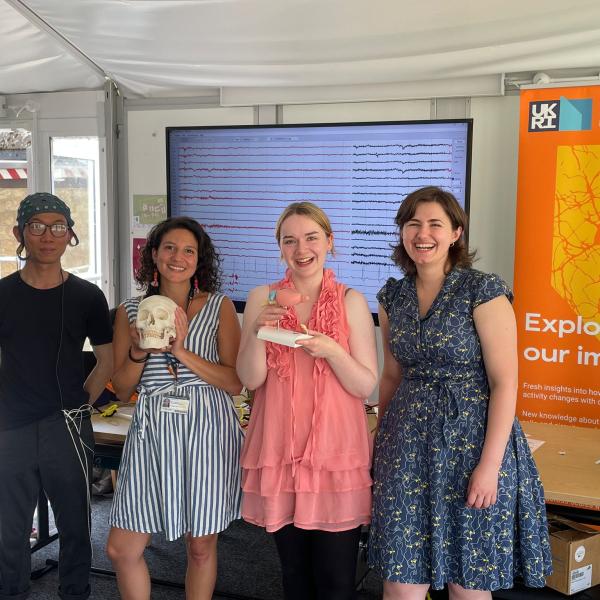
The enthusiastic BNDU team of scientists. (L-R) Shenghong, Chiara, Rosie and Ioana.
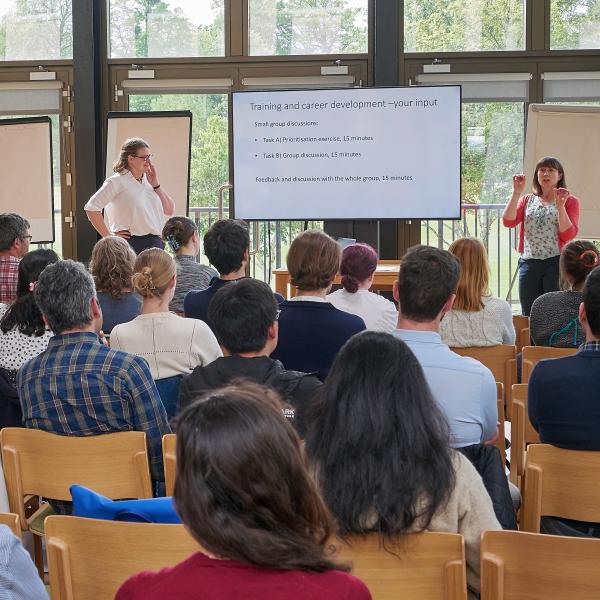
Mary Muers (far right) moderates an interactive session about training and career development opportunities.
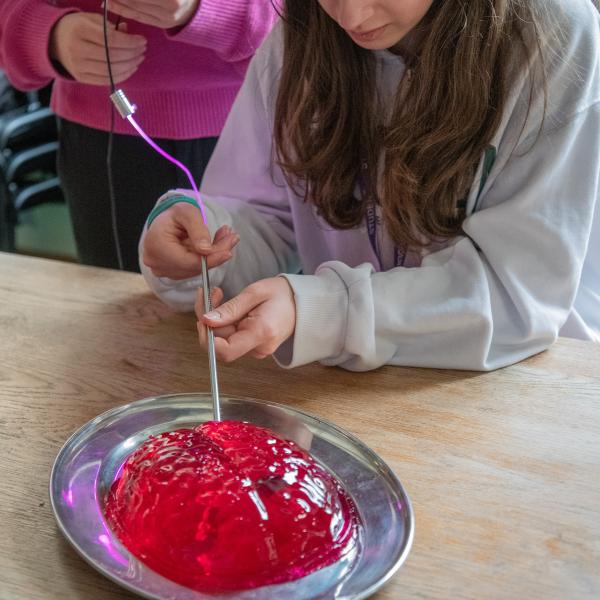
A visiting school pupil tries their hand at implanting a dummy stimulation electrode in a jelly brain!
Recent Preprints
Like other Groups at the MRC BNDU, we are committed to best practice in open research. We have created and curated a range of primary data, metadata and related resources that can be readily downloaded by external users from the MRC BNDU's Data Sharing Platform. We are part of the team that created CHAMBER, a novel chemoarchitectonic atlas of mouse thalamus and other brain regions.
